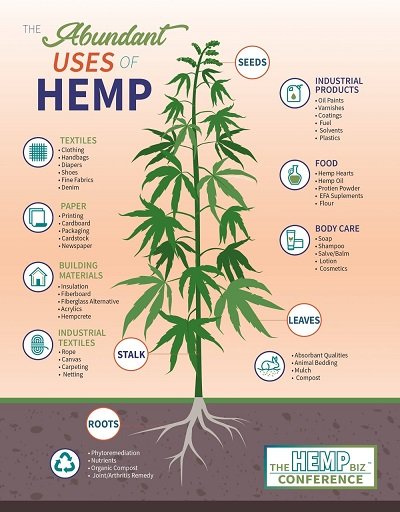Cannabis will loosen the grip of opioid pain killer addiction - Claim!
Compounds found in the cannabis plant are proving effective pain remedies for soldiers returning from war, athletes recovering from injuries, and people looking to reduce the pain of their daily routines.
The study also reports that deaths from opioid overdose initially fell by 25% in U.S states that legalized cannabis for medical use.This is exciting news because cannabis and hemp research has been patchy due to controversy and uncertainty over cannabis legalisation.
Consequently it is expected that the opioid pain killer addiction grip will loosen on dependancy sufferers,as plant science discovers ever more about the many different compounds in cannabis that can treat and relieve pain.
Cannabinoids of which THC & CBD are best known, form one class of compounds; terpenes form another. But two molecules of a third class of compounds produced by the cannabis plant have proven in early trials to be 30x more effective at managing pain than aspirin.
That third class of cannabis compounds are flavonoids. Yes,yes flavonoids are common.We're all familiar with those important little blighters.They are in many of our daily foods because all plants produce flavonoids,and they are particularly plentiful in enjoyable treats like blueberries,dark chocolate and red wine.
But it is not just the synergy of the three cannabis compounds - cannabinoids,terpenes and flavonoids - that is so powerful and encouraging
(Synergy - the power of a group combining together that is greater than each working separately. i.e team work)
It is also because the two flavonoid molecules mentioned earlier - cannflavin A and cannflavin B - are produced only by the cannabis plant,and they are drawing a lot of attention from pharmaceutical researchers.
Research verified that the two compounds were, gram-for-gram, 30 times more effective at reducing inflammation than aspirin.
And they work differently than opioids in managing pain.
Opioids – like hydrocodone, codeine, and fentanyl – work by blocking the brain’s pain receptors. They do nothing to treat the cause of the pain, but Cannflavins go straight to the source of the pain – inflammation.
A drug derived from cannflavin B has also shown encouraging signs of effectiveness in killing pancreatic cancer cells when administered in conjunction with radiation treatment.
However,cannflavin A and B are only produced in small amounts by the cannabis plant.
But researchers from the University of Guelph have discovered how to produce the molecules cannflavin A & B in large quantities, and one company now has the patent on the process.
The researchers studied the cannabis genome and found the pathways to the cannflavins. This discovery allowed them to take those genes and use them to modify microorganisms and manufacture the compounds in abundance through biosynthesis.
Anahit International, a private Toronto-based company, has licensed a patent from the University of Guelph that covers the process and will work on scaling up the technology.
Could be exciting times ahead in medicine.Thanks to the New NHS - Nature's Health Source!

Congratulations you've been chosen by our curators at Canna-Curate for great cannabis content! If you'd like to join our curation trail

12.5SP - 25SP - 50SP - 100SP - 250SP - 500SP - 1000SP
Thank you.